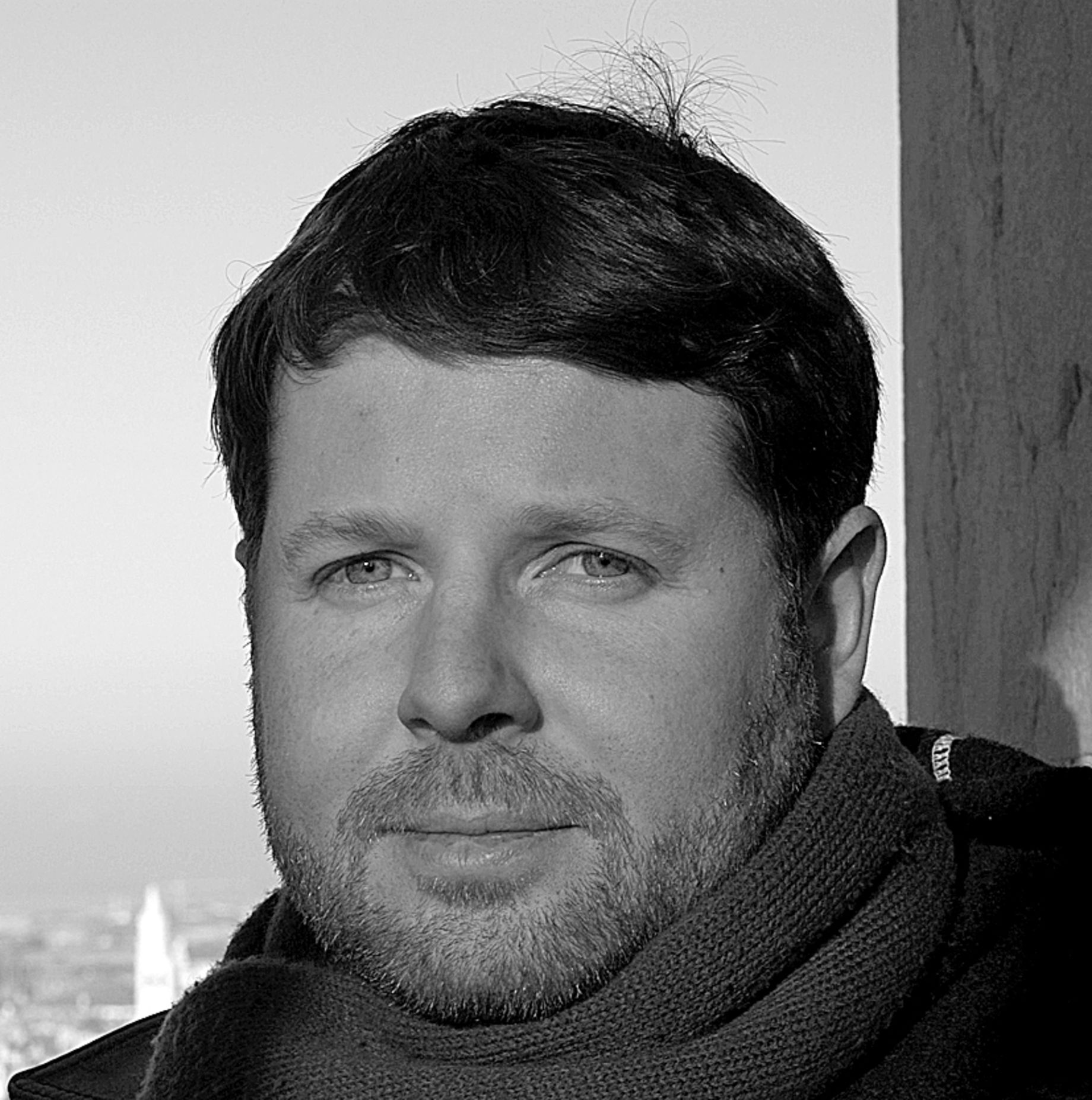The Historical Imaginary and Resources of the “Historical Past”: In Search of the Other, in Search of Boundaries
The phenomena and conceptual approaches relating to postimperial and postcolonial subjects, hybrid identities, and the transnational framing of national histories are extraordinarily sensitive with regard to the categories of the border and the Other. Analysis of the historical imaginary (and its hybrid rhetoric) in these terms makes it possible to grasp those conceptual levels of the cultural and historical fields that are most characteristic for times of transformation. With the concept of the “historical imaginary” Kalinin refers not only to rhetorical devices and figures of speech. Rather, he proposes an attempt to describe fundamental levels of the historical consciousness and of those discourses that articulate it. The specificity of any metaphorical mechanism (including those of the historical imagination) is that, although it allows subjects of discourse to structure and construct reality in what appears to them as an objective, external form, it is also susceptible to a reverse engineering, that lays bare the characteristic means for discursive generation of that reality.
In the present political circumstances, the analytical reconstruction and critique of this “reality,” the divergent visions of which led ultimately to war (including also a “war of words”) constitutes far more than simply an academic undertaking.


